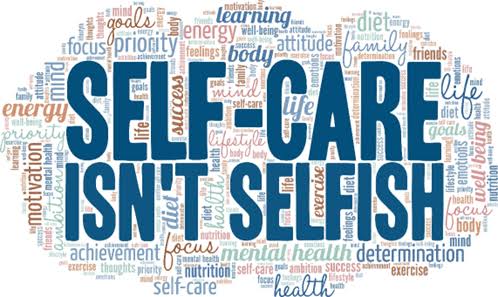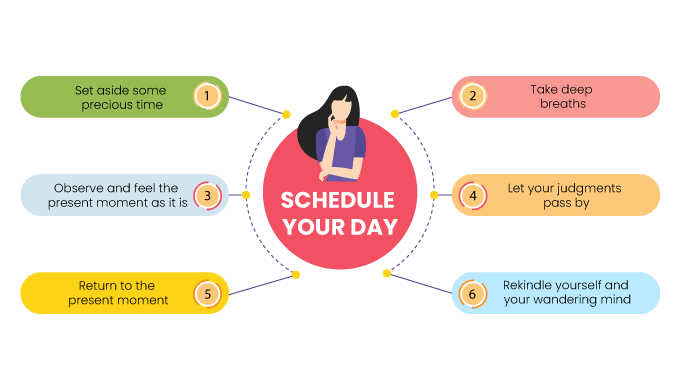Self-care has emerged as a crucial component of personal and professional success in today’s fast-paced world. By 2025, the constant pressure to achieve and stay competitive has made it increasingly important for individuals to prioritize their well-being. Self-care is not just about relaxation; it is a deliberate practice of maintaining one’s physical, emotional, and mental health to perform at one’s best.
In many cases, neglecting self-care can lead to burnout, poor decision-making, and declining productivity. Successful individuals understand that taking care of themselves is not a luxury but a necessity. By managing stress, maintaining balance, and fostering inner strength, self-care becomes the foundation for sustainable success in any area of life.
The Connection Between Self-Care and Productivity
When individuals fail to rest and recharge, their energy levels and focus naturally decline. This can lead to mistakes, slower performance, and a lack of creativity. Self-care practices, such as regular exercise, adequate sleep, and healthy nutrition, provide the physical energy and mental clarity needed to stay productive.
Taking short breaks, practicing relaxation techniques, or stepping away from work for a while helps prevent fatigue and improves concentration. By investing time in self-care, people often find that they achieve more in less time, as they can approach tasks with renewed energy and focus.
Mental Health and Emotional Balance
Success is not just about achieving external goals; it also involves maintaining inner peace and emotional stability. Self-care supports mental health by reducing stress, anxiety, and negative thought patterns. Activities such as journaling, meditation, or engaging in hobbies help create a sense of balance and well-being.
Emotionally balanced individuals are better at handling challenges and maintaining a positive mindset, which is essential for success. They can approach problems with clarity, resilience, and confidence, rather than being overwhelmed by pressure or self-doubt.
Building Resilience Through Self-Care
Resilience is the ability to recover from setbacks and adapt to change, and self-care plays a key role in building this strength. When people take care of their bodies and minds, they are better equipped to handle life’s challenges and bounce back from failures.
By practicing self-compassion, setting healthy boundaries, and managing time effectively, individuals can avoid overexertion and maintain a healthy work-life balance. This proactive approach prevents burnout and ensures long-term success.
Enhancing Creativity and Innovation
Self-care also nurtures creativity. When the mind is constantly stressed or fatigued, it is difficult to think clearly or generate new ideas. Activities that promote relaxation and mental clarity—such as nature walks, mindfulness, or simply taking time off—stimulate the brain’s creative processes.
Successful entrepreneurs and professionals often credit their innovative ideas to moments of rest and reflection. By prioritizing self-care, individuals give their minds the space needed to think freely and creatively.
The Role of Self-Care in Professional Growth
In the modern workplace, companies increasingly value employees who can manage stress and maintain consistent performance. Practicing self-care can enhance professional relationships, as well-balanced individuals are often better communicators and team players.
Professionals who prioritize their health are also more likely to exhibit confidence and strong decision-making skills. This makes self-care not only a personal responsibility but also an important factor in career advancement and leadership success.
Simple Self-Care Practices for Success
Self-care does not always require significant time or resources. Small, consistent actions can have a profound impact on overall well-being. Some practical self-care practices include:
- Establishing a regular sleep schedule for proper rest.
- Engaging in daily physical activity, even light exercise or stretching.
- Practicing mindfulness or meditation to reduce stress.
- Eating balanced and nourishing meals.
- Setting boundaries to avoid overwork and maintain personal time.
Incorporating these habits into daily life helps create a foundation of strength, energy, and focus.
Conclusion
The importance of self-care for success cannot be overstated. It is the foundation upon which personal and professional achievements are built. By taking care of mental, emotional, and physical health, individuals can work more effectively, think more creatively, and maintain resilience in the face of challenges.
In 2025, with increasing demands and distractions, self-care is not just a personal choice but a critical strategy for sustainable growth and success. Prioritizing well-being ensures that we have the energy, focus, and balance needed to achieve our goals and live fulfilling lives.



